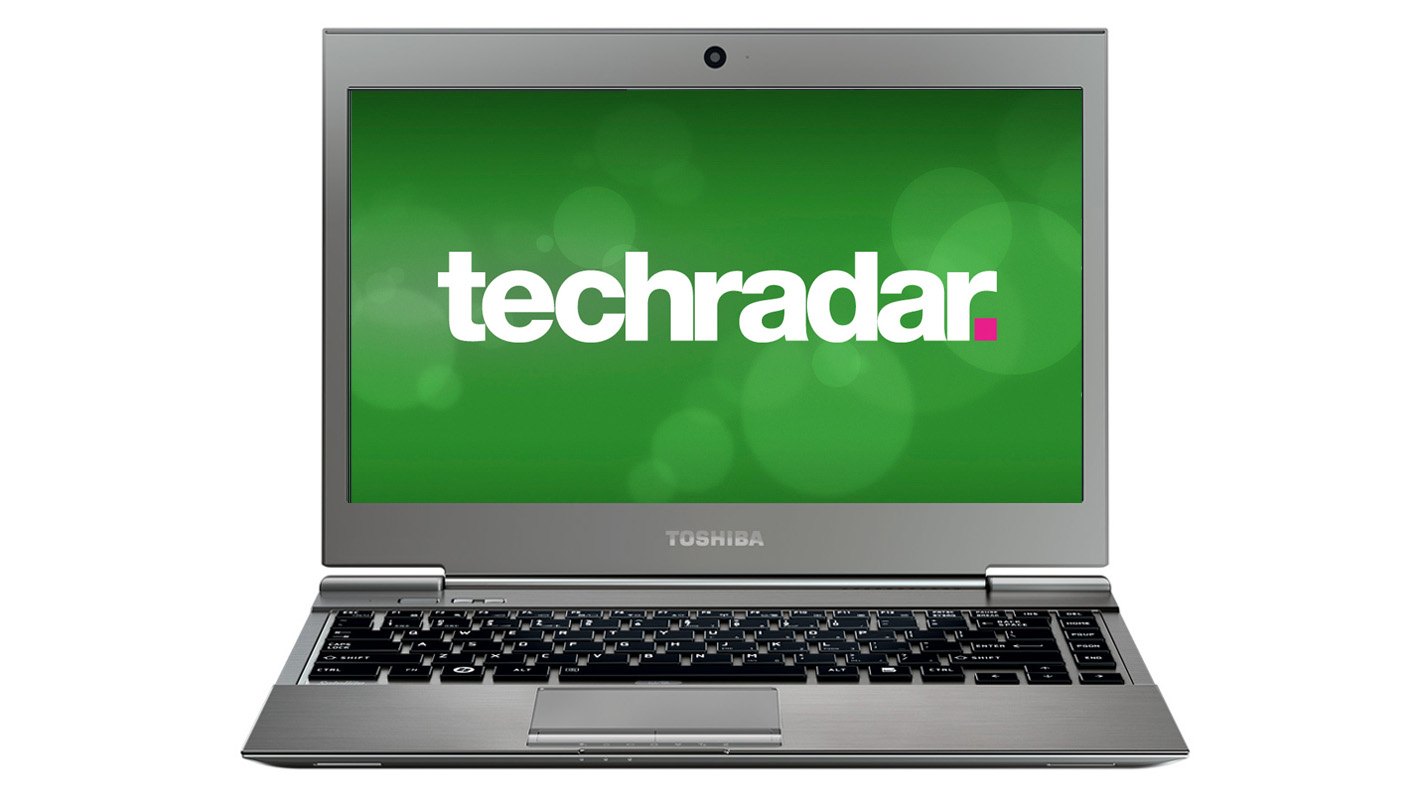TechRadar Verdict
Pros
- +
Ivy Bridge power
- +
Plenty of connections
- +
Very portable
- +
128GB SSD
- +
Decent battery life
Cons
- -
No Full HD display
- -
Average speakers
- -
Bloatware
- -
Stiff trackpad buttons
- -
Only one USB 3.0 drive
Why you can trust TechRadar
Toshiba's flagship Ultrabook range is the latest recipient of the new Intel Ivy Bridge processors. The result is the Toshiba Satellite Z930-10X. Although the computer keeps the same chassis as the original Toshiba Z830, the internal components have been given a serious shot in the arm. But is the boost enough to keep Toshiba competitive in the evolving and expanding Ultrabook market?
The Ultrabook as a format is flush into its second wave of machines by now, and rivals such as the HP Envy 6 and Acer Aspire Timeline U M5 are offering new designs and different takes on what manufacturers can cram inside a 20mm chassis.
With that in mind, is it enough for Toshiba to simply upgrade the processors and push the new machine out the door?
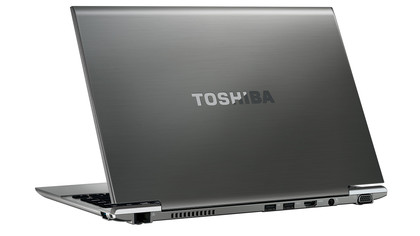
Partly yes, because Toshiba's Satellite Ultrabook design is exactly what you'd buy an Ultrabook for - and if it ain't broke, there's very little reason to fix it.
The Toshiba Satellite Z930-10X is pleasingly light at 1.1kg, boasts a matt screen for office working, has plenty of connections and an affordable price tag of £799 (around $1,255).
It's not the perfect computer, but if you haven't taken the plunge and bought an Ultrabook yet, it's worth a look.
Specifications
Toshiba's Satellite Z930-10X is built around an Intel Core i5-3317U CPUand runs at a clock speed of 1.7GHz, or 2.6GHz if cranked up to its Turbo setting. When we ran this Ultrabook through our benchmarking software, the results were impressive and a long way from the efforts of the first Toshiba Ultrabook.
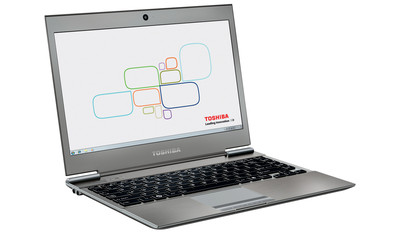
RAM - just as important as the processor - has been given a boost to 6GB, and comes into play when you want to multitask between programs.
Unfortunately, graphics are somewhat lacking by comparison. All you'll find is the integrated Intel HD 4000 GPU that comes as part of the Ivy Bridge upgrade. Toshiba has positioned its Ultrabooks as more work-focused PCs than entertainment super-centres, and as such, the lack of a discrete graphics card isn't surprising.
The Toshiba Satellite Z930-10X could have done with a boost to the audio specifications as well.
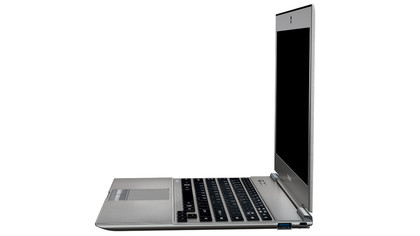
HP has packed Beats Audio into its Envy 6 Ultrabook, Acer uses Dolby Home Theatre in the Aspire Timeline U M5 and Asus has featured Bang & Olufsen speakers on its Zenbook range, including theAsus Zenbook UX32A.
Toshiba has left the Satellite Z930-10X with Realtek audio, and the result doesn't sound as good as we've come to expect from top-tier Ultrabooks.
We praised the original Toshiba Satellite Z830 for its usability, especially relating to the ports and connections on offer. That remains the same here. Not only are you given HDMI and VGA ports for connecting to an external display or projector, there's also an Ethernet port for a wired connection to the internet.
Toshiba has also included three USB ports, one of which is the faster USB 3.0 format, and space for an SD card expansion.
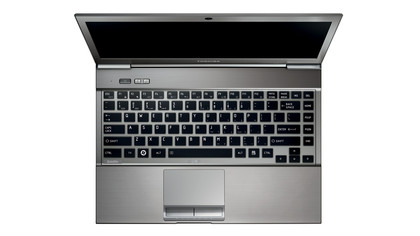
Considering all that the Toshiba Satellite Z930 offers in terms of storage is a 128GB SSD, it's likely you'll want to invest in either some SD cards or an external hard drive. However, the SSD does mean the boot-up time from sleep (one of the staples of Ultrabook performance) is very quick, at under a couple of seconds.
Reaffirming the workmanlike mentality of this Ultrabook is the screen. The 1366 x 768 pixel resolution won't run to 1080p high definition, but will enable you to watch 720p content.
The 13.3-inch screen is a matt display, so no glossy coating. Although a glossy screen often adds depth to dark colours and improves video, it often throws off distracting reflections, too. The matt screen on the Toshiba Satellite Z930-10X is much more suited to working in offices and other brightly lit environments.
